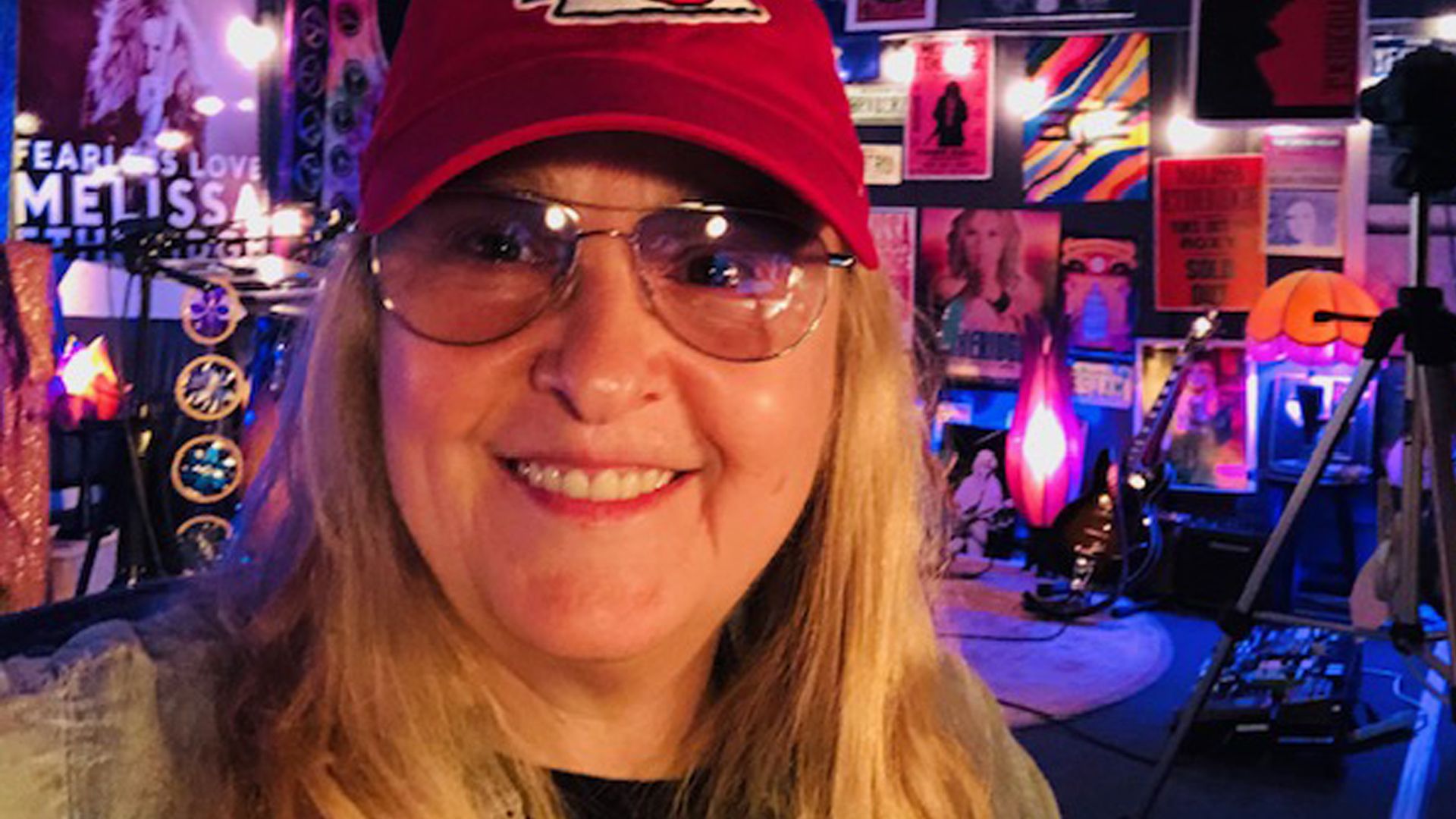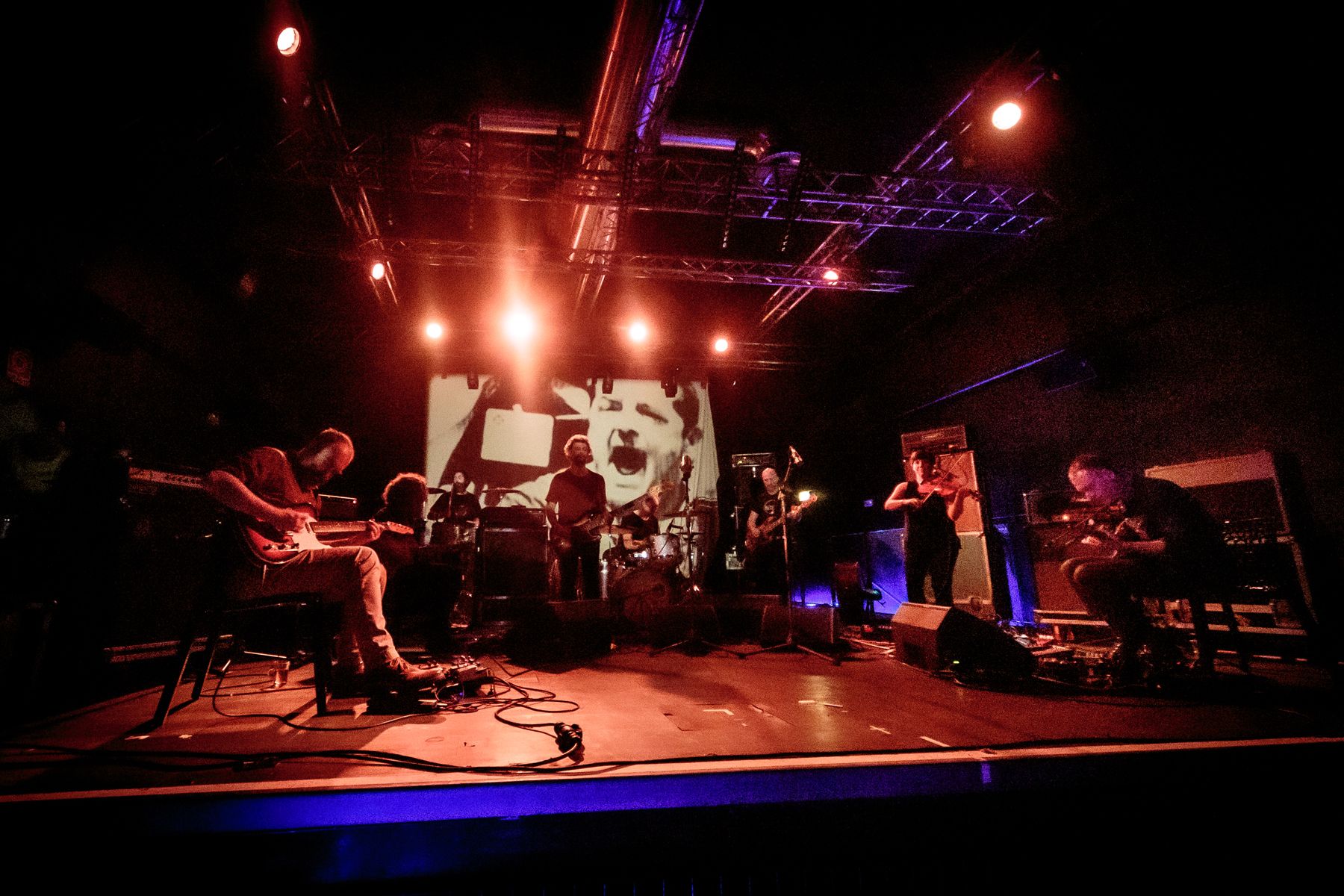
Melissa Etheridge Breaks Down Her Greatest Hits and Much More in Our New Podcast Episode
Melissa Etheridge, who’s currently seeing pandemic-era success with her Etheridge TV live-streaming subscription platform, discusses her whole life and career on the new episode of Rolling Stone Music Now. Among many other topics — including her time with Bruce Springsteen, navigating interviews in the days before she came out as gay, and the time she almost played Janis Joplin in a biopic — she breaks down the making of three of her best-known songs.
To hear the entire episode, which is also available as part of our RS Interview: Special Edition video series, press play above or download and subscribe on iTunes or Spotify. Here’s what she had to say about writing some of her greatest hits:
“You Can Sleep While You Drive” (1989)
“I wrote that in England,” says Etheridge. “That song was was about missing America, actually, and a trip that I took in the early days when Chris Blackwell had just signed me. I was tired of everything and I said, ‘Well, I’m going to make my own tour.’ And I booked little coffeehouses. I called up and said, ‘Hey, for 50 bucks, can I come play?’ They’re like, yeah! And so I just booked this thing and had enough gas money to go from town to town. And so this is a memory of that that trip that we took, you know, staying with [former backing musician] Barbara [Marino] in Nashville. I was in a relationship that it wasn’t monogamous, which I don’t recommend that for anyone. I was writing about this and writing about America and I remember starting the first verse and writing, ‘Come on baby, ket’s get out of this town. I got a full tank of gas and the top rolled down. There’s a chill in my bones. I don’t want to be left alone. So baby, you can sleep while I drive.’ Okay, yeah. And I remember when I wrote [the words] ‘you can sleep while i drive,’ I was like, ‘Ah, that’s a really nice thing.; The song is about the fear of losing someone, of losing that person who’s going to go be with someone else. And at the end of the song, it’s ‘If you won’t take me with you I’ll go before night is through, and you can sleep while I drive. ‘ A lot of people don’t get that, but that’s what it is. And a lot of people don’t know! A lot of people are like, ‘Oh, we played that song at our wedding!’
“I’m The Only One” (1993)
“I had three albums out at that time, and I was touring for the third album,” she says. “I’d sold almost a million albums each time, which is a platinum record. That’s great, but I just wanted more. I wanted to be played to a broader radio audience. On the last album, Never Enough, there were these new things called samples that people were trying – and I kind of was trying that. But I was like, “Look, I’m just going to get back to what I know what I can do, rock n’ roll.” I sort of said, Look at ‘Bring Me Some Water” from my first album. That’s just an old Muddy Waters riff, you know, or [the Beatles’] “Get Back.” A blues guitar riff that I played on it. So I said, you know what, I’m gonna go to the blues, to rock n’ roll again. And so I just had a nice shuffle, and I knew what I was going to write about. I knew I wanted this bluesy, ‘damn, you broke my heart, but I’m gonna, move through this.’ And I wrote it on the back of the tour bus in Germany, I think. I was in the back of the bus, just playing it and writing, and it just came pretty pretty easily. I tell you, people sing to this day sing it in karaoke!”
“Come to My Window” (1993)
“I almost didn’t put it on the album,” Etheridge says. “I thought it was a little too ambiguous of a song, that maybe people wouldn’t quite know what I’m talking about. The chorus came first. Actually, I wanted to write a chorus that had a lifting melody, that kind of went up. And I wrote that in Europe, too. I was I was in a relationship that was the kind of relationship you have in your early 30s. You think you’re all in it, but it’s all complicated. I had just hung up from a conversation where we didn’t say anything. And I just hung up and said, ‘why did I do this?’ Oh, well, ‘I would dial the numbers, just to listen to your breath.’ I just want to connect with you so badly. It certainly wasn’t what I thought a hit song was. And then, man, it came out and it just kept going and going and going. What do I know, you know?”
Download and subscribe to our weekly podcast
Rolling Stone Music Now, hosted by Brian Hiatt, is on iTunes or Spotify (or wherever you get your podcasts), and check out four years’ worth of episodes in the archive, including in-depth, career-spanning interviews with Bruce Springsteen, Halsey, Neil Young, the National, Questlove, Julian Casablancas, Sheryl Crow, Johnny Marr, Scott Weiland, Alice Cooper, Fleetwood Mac, Elvis Costello, Donald Fagen, Phil Collins, Alicia Keys, Stephen Malkmus, Sebastian Bach, Tom Petty, Kelly Clarkson, Pete Townshend, Bob Seger, the Zombies, Gary Clark Jr., and many more — plus dozens of episodes featuring genre-spanning discussions, debates, and explainers with Rolling Stone’s critics and reporters. Tune in every Friday at 1 p.m. ET to hear Rolling Stone Music Now broadcast live from SiriusXM’s studios on Volume, channel 106.





